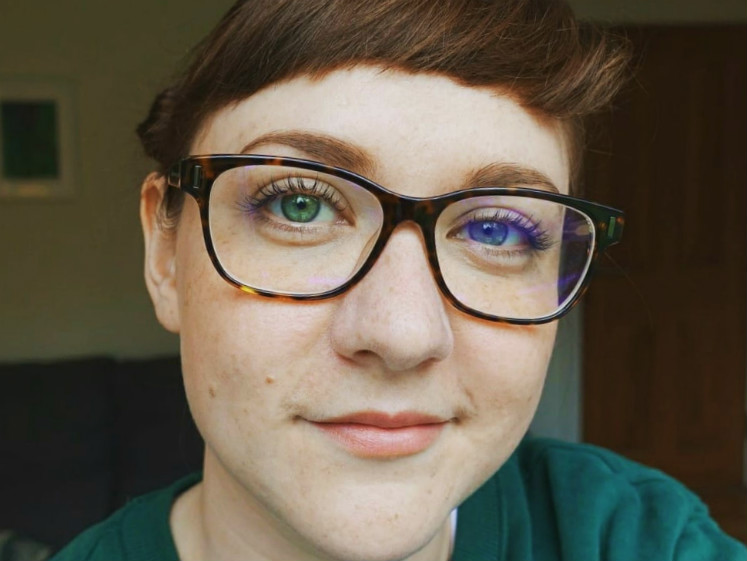 Zoë Glatt
Zoë Glatt
What are you currently researching?
I am conducting ethnographic research with professional YouTube content creators as the social media entertainment industry is becoming formalised.
I aim to capture the everyday experiences of content creators as they navigate this unpredictable and precarious career, thinking particularly about how they are shaped by and navigate technologies (platforms, algorithms), audience interactions and broader industry actors (agents, MCNs, YouTube, etc.).
Ultimately, the project is interested in exploring what is new or different about creative labour that is native to the multi-platform environment of the Internet.
This project includes conducting offline fieldwork at YouTube events in London and LA, as well as online fieldwork across platforms, interviewing content creators, and autoethnographic research in the form of becoming a YouTube content creator myself.
Why did you choose this area of study?
I have had a long and abiding passion for YouTube and its original ‘user-generated’ content community, ever since 2008 when I first tried to become a YouTuber myself. Though this stint as a content creator didn’t last long (far too embarrassing for my teenage self!), my avid interest in the platform never wavered.
Since those early days the platform has transformed significantly, from being populated by hobbyist video makers, to today’s wildly successful professional creators (and those attempting to becoming such). Not only is YouTube currently the second most visited website in the world, but ‘social media and gaming’ has become the fourth most desired career ambition for 7-11 year-olds in the UK.
Additionally, YouTube has become the most recognised and popular content brand in the UK for young people (above the BBC, ITV and Netflix). All this considered, it seemed to me to be an important cultural moment worth in-depth study.
How will your research improve or have a wider impact on society?
I hope that my research will contribute to critical understandings of the young but rapidly growing social media entertainment industry.
Additionally, I aim to dispel popular myths about the narcissism, entitlement and laziness of online content creators, having found that for the most part they are diligent freelancers working under conditions of extreme precarity and uncertainty.
What do you hope to do career-wise, long term?
I hope to stay in academia, although it is by no means an easy or unproblematic career path. I am passionate about teaching, as well as continuing to conduct original research into the ever-changing worlds of online (social media/platform) cultures.
Can you provide any advice to prospective students about the most effective way to approach research and keep stress levels down?
A PhD is a marathon, not a sprint! The biggest difficulty I have found is maintaining a good pace of work; it is easy to slip into panic mode and burn out, or else grind to a halt when the path forward becomes unclear.
It is crucial for the maintenance of sanity that you manage your time and project carefully: write a weekly schedule of tasks that includes vital relaxation time (try to take proper weekends if possible). Communicate to your supervisor if you are feeling overwhelmed or don’t know where to go next, they are there to support and guide you through the process.
What resources are available at LSE to help young researchers?
The resources available are too numerous to list, LSE is extremely proactive in supporting young researchers both during study and on whatever path they may choose the take beyond the PhD.
There are numerous events, careers talks, funding opportunities, internships, and much more on offer from the PhD Academy and individual departments.
In a few words, what is the best thing about studying at LSE?
Inspiring world-leading academics, wonderful and welcoming PhD community, fantastic resources.